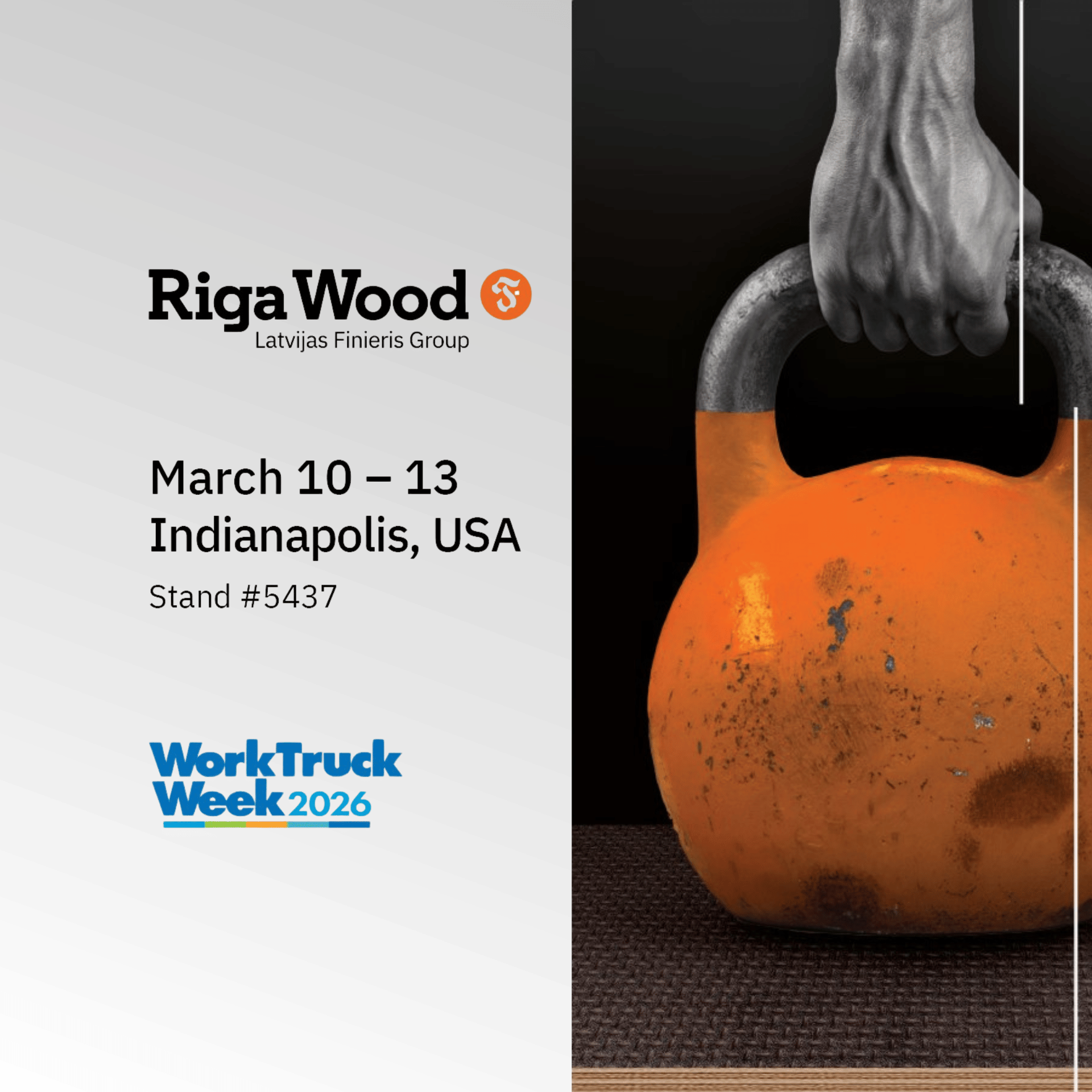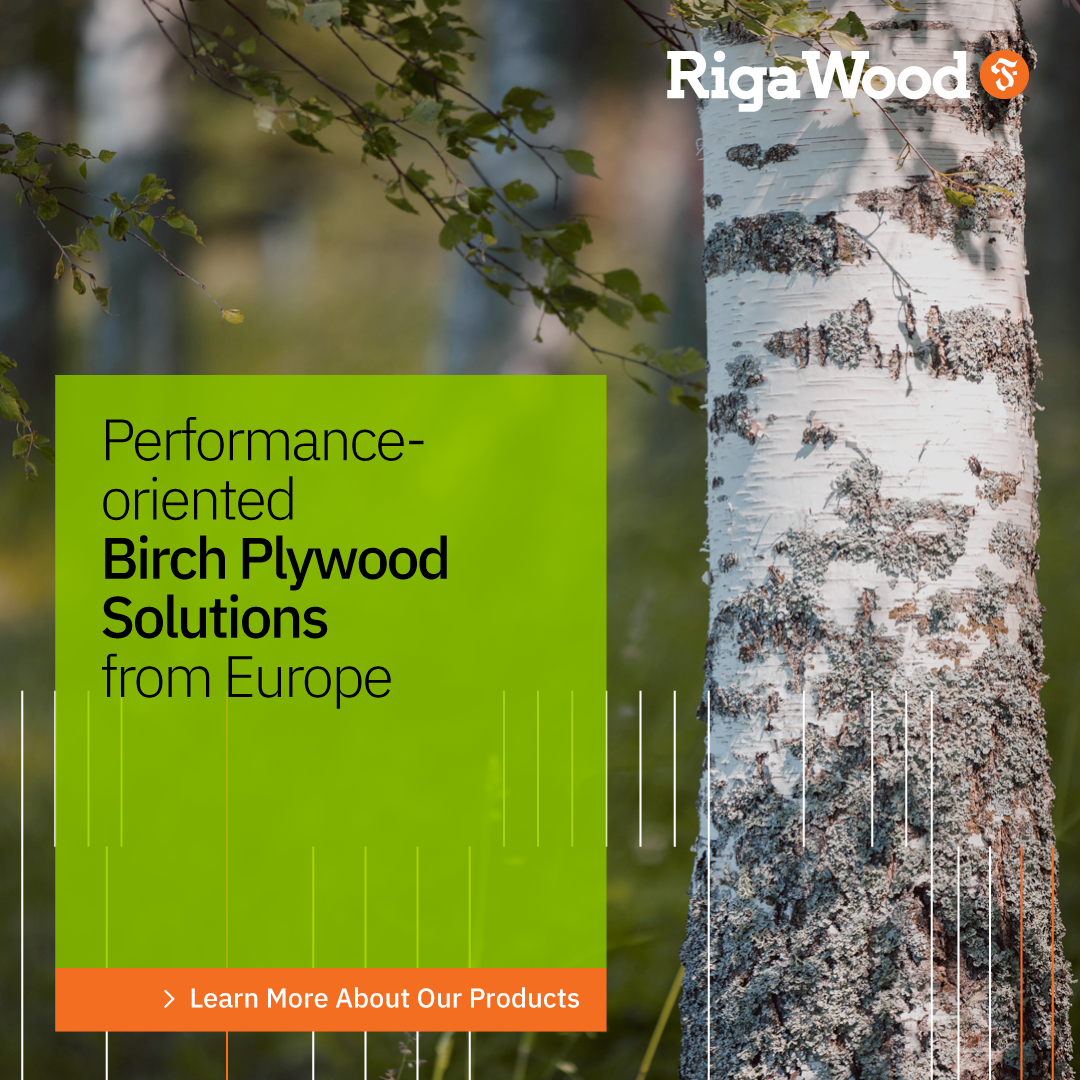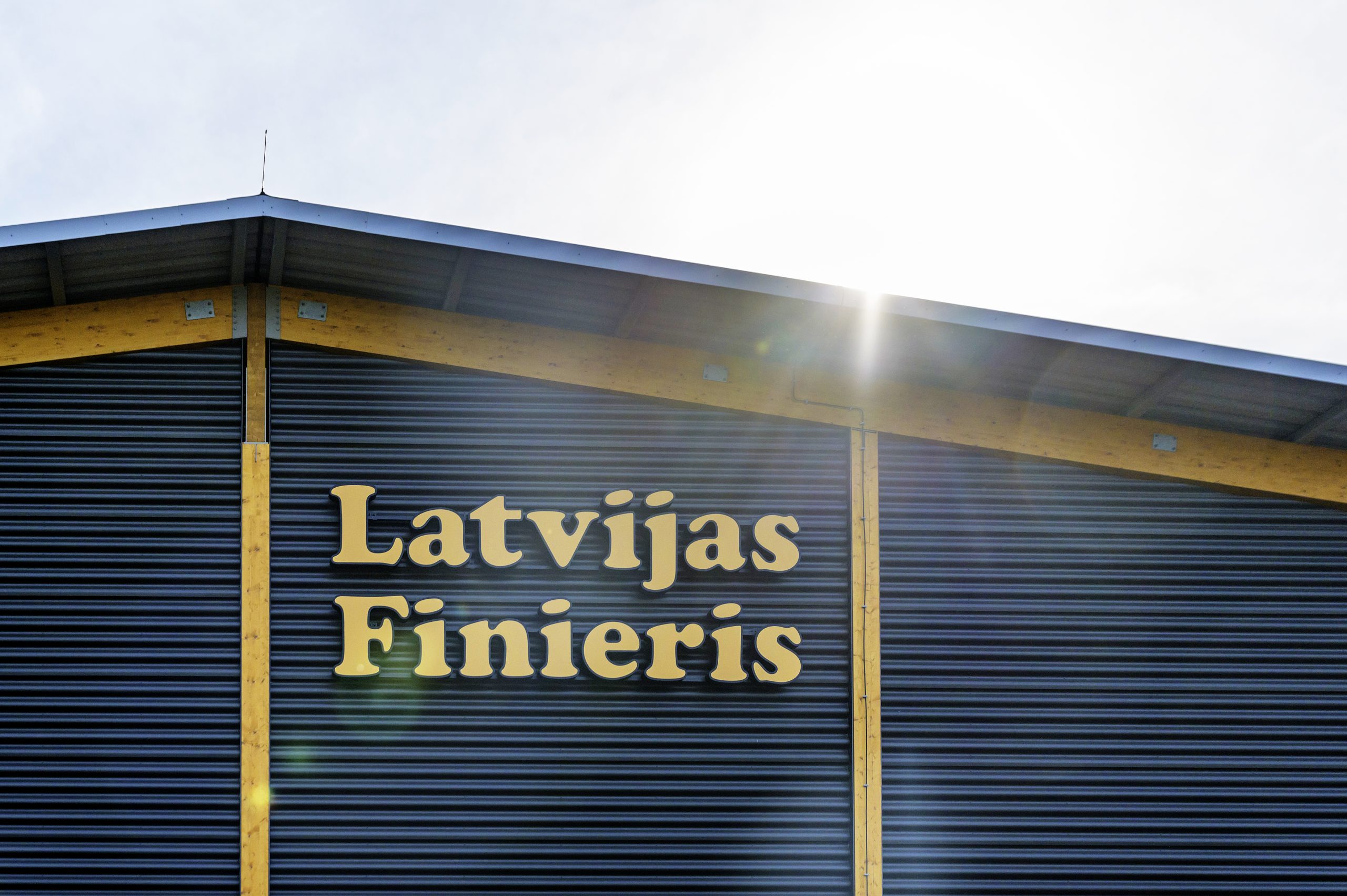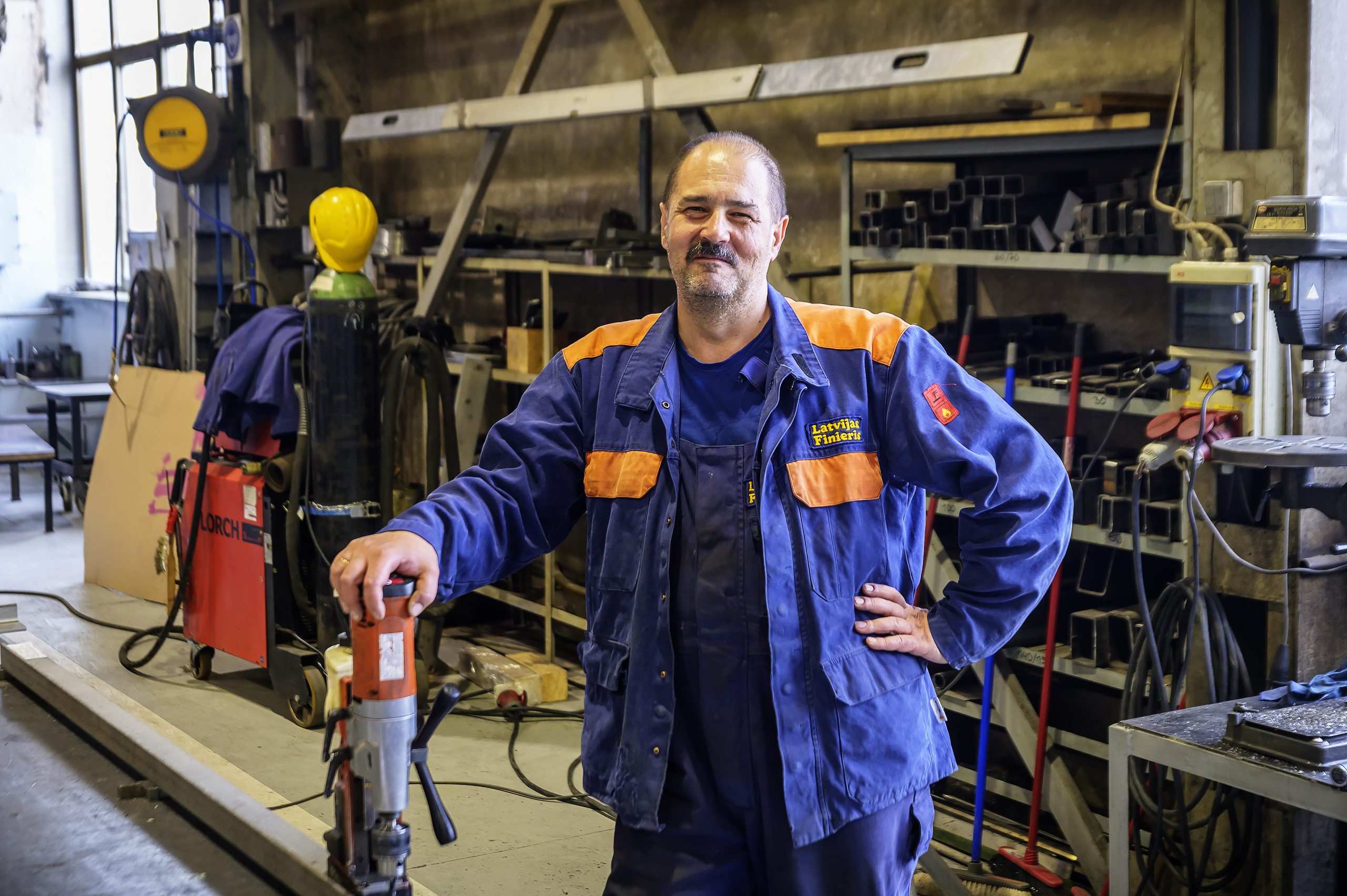M. Lācis: EU Consistency Reinforces Trust in Fair Competition Across the Timber Industry
03.11.2025
In recent years, the European Union’s timber industry has confronted one of its greatest challenges of the past decade – safeguarding fair competition in a market increasingly affected by products of uncertain origin and artificially low prices. This challenge has become particularly acute since Russia’s war in Ukraine, which has triggered a wave of sanctions and significantly reshaped global trade flows in wood products.
Today, developments within the European Commission and across individual EU Member States show that the Union is becoming increasingly consistent in both upholding sanctions and tackling dumping practices. This sends a clear message to the entire industry: Europe will not tolerate unfair competition that endangers its enterprises and livelihoods.
European Commission Steps Up: Anti-Dumping Duties Curb Unfair Trade
In October, the European Commission announced the introduction of an anti-dumping duty of 43.2 percent on one Chinese company and 86.8 percent on all other Chinese exporters of hardwood plywood. This autumn, a provisional anti-dumping duty of 6.2 percent was imposed on imports of Brazilian softwood plywood. In both cases, the Commission identified unfair pricing, with goods sold below cost on the European market, distorting competition and placing pressure on European producers.
Such decisions are not just a formal procedure. Anti-dumping duties serve as a tool to restore balance between producers who comply with European rules and those who seek profit through shortcuts. This demonstrates that the European Commission can respond effectively both to market distortions and to genuine threats to domestic industry.
These decisions also convey a broader message: Europe is capable of defending its economic security. The timber and forest-based industries employ hundreds of thousands of people and make a substantial contribution to exports and tax revenues. If this sector loses competitiveness, it is not only the companies that suffer but also the regions where they are major employers.
Sanctions Evasion: A Creative but Damaging Trend
However, with stricter rules come more attempts to circumvent them. Over the past two years, it has become increasingly common for timber products originating in Russia to reach the European market through intermediary countries. In further investigations, the European Commission identified this practice in Kazakhstan and Turkey, and imposed on their birch plywood imports the same anti-dumping duty applied to Russia in 2021. There are strong suspicions that the practice continues via other countries, including China, Egypt, Uzbekistan, Vietnam, and Malaysia. Some of these goods are relabelled or lightly processed to disguise their true origin, often being presented as made from Latvian or Estonian raw materials. This undermines trust, as consumers cannot be certain that the products genuinely comply with sanctions and environmental standards. More worryingly, such transactions are often carried out with deliberate deception, including false claims of wood supply chain certification (most commonly FSC). The experience of Latvijas Finieris and our customers demonstrates the need to verify the origin of our legally sourced wood. In most cases, potential suppliers are unable to prove the lawful origin of the wood, particularly when Latvia is cited as the country of origin of birch resources. EU institutions and Member States must, therefore, remain one step ahead of those who attempt to circumvent these rules.
Latvia Shows How Business-Government Cooperation Yields Results
Latvijas Finieris works closely with the Ministry of Foreign Affairs, Latvian embassies, the State Revenue Service, the State Forest Service, and other institutions to share information on atypical trade flows and potential cases of sanctions evasion. This approach has already made a difference. Thanks to cooperation between Latvian and foreign authorities, several high-risk consignments of questionable origin have been identified. At the same time, this demonstrates that the targeted, data-driven involvement of a small country can make a real difference at the European level. Latvia has also initiated several criminal cases for sanctions violations, underscoring that these matters are being taken seriously. Investigations are time-consuming, however, as collecting evidence and tracing chains of companies and intermediaries require both time and international cooperation. Yet if we want the market to become more transparent and accountable, such efforts are justified – and the volume of suspicious flows is already decreasing. For example, Poland’s tightening of controls on Kazakh cargo flows has significantly reduced risks. A country once considered the largest intermediary for Russian goods entering the EU no longer plays such a central role.
However, the situation is dynamic. Every time one door is closed, another one opens. Those who want to bend the rules are creative. This is why our monitoring must be proactive rather than reactive – driven by data analysis, market oversight and cross-border cooperation.
Integrity as a Competitive Advantage
Although sanctions and anti-dumping measures are often viewed as protective tools, their primary purpose is to foster a fair and transparent environment. Stable and sustainable business can only thrive where trust is upheld and rules are clear. In the wood-processing industries, reputation is just as important as product quality. If the market loses confidence, everyone suffers – from logging to exports. Latvijas Finieris’ customers worldwide purchase not only plywood but also the assurance that it is produced responsibly and in line with international standards. It is, therefore, important that Europe as a whole stands up for these principles.
Fighting sanctions evasion is not just a task for public administrations. It is our collective responsibility. When businesses, customs and diplomatic services work together, the results are clear. Integrity becomes a competitive advantage.
Every step against unfair trade helps safeguard businesses, jobs and investment. Latvia has an important role to play in this process – to act responsibly, remain active, and set an example of effective cooperation with partners in other countries. We have shown that even a small country can be a major force in the global market. Our greatest asset is consistency – in the way we think, the way we produce, and the way we uphold the principles of our industry. And if Europe can sustain this consistency, it will provide the strongest guarantee for the future of our industry.











